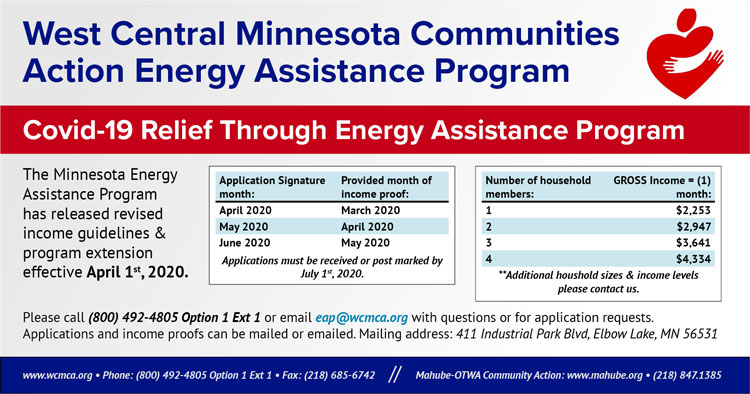Can my heat can be turned off in the winter?
Yes.You must make and keep a payment plan with your natural gas or electric utility company to receive Cold Weather Rule (CWR) protection. The payments do not need to be the same each month.
Does the utility have to turn on my heat?
Yes, once you make and keep a CWR payment plan, the utility will turn on your heat. As long as you make your payments, you are protected until April 15th.

Am I eligible?
CWR protection is available to residential customers only. All natural gas and electric companies must offer CWR protection. Different payment plans are available based on household income and natural gas or electric utility company. If you are having a difficult time keeping up with your winter heating bills, you are encouraged to sign up for a CWR payment plan.
How do I sign up for the CWR?
Contact your gas or electric company and request a CWR payment plan. Payment plans can be established at any time during the CWR season. If the payment plan is broken, the utility is not required to offer additional arrangements. If you are unable to agree on a payment amount, you have the right to appeal with your natural gas or electric company.
Does this apply to all utilities?
No. Delivered fuels such as fuel oil, propane and wood are not covered by the CWR. If you need electricity to keep your heat on, you may apply for CWR protection with your electric company.
What if I rent and pay my own utility bills?
If the natural gas or electric service in your name affects your primary heat, you are eligible for CWR protection.
What if I can’t make my scheduled payment?
Contact your gas or electric company immediately to discuss a different payment plan. If you do not make your payments, your service may be shut off.
Utility Requirements
Prior to disconnecting service between October 15th and April 15th, the natural gas and electric utility companies must provide you with:
-
Notice of disconnection
-
Payment plan options to stop a disconnection
-
Appeal rights if you and the utility cannot agree on a payment plan
-
A list of local energy assistance and weatherization providers
-
A list of no-cost and low-cost methods to conserve energy
-
A Third Party Notice form